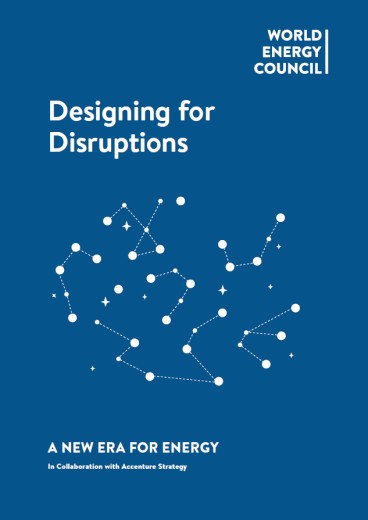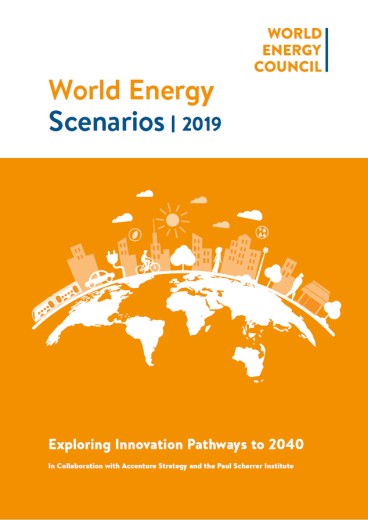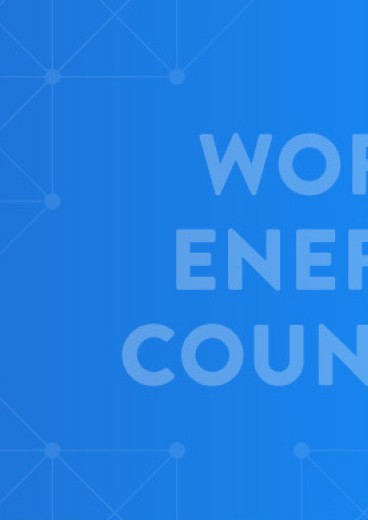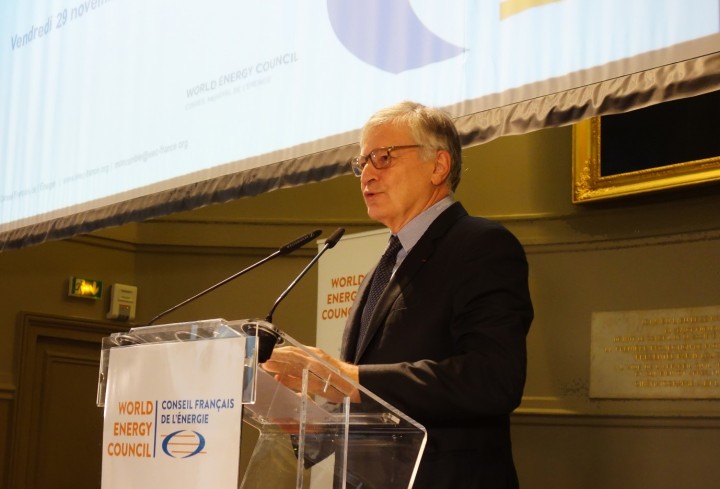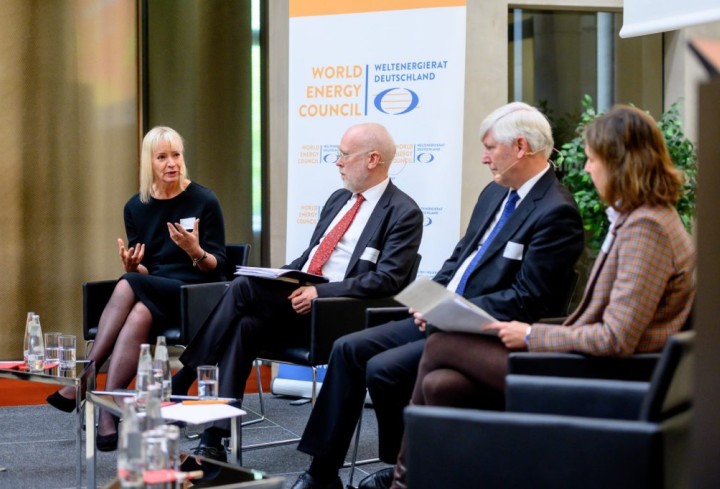Dr. Angela Wilkinson, Secretary General and CEO of the World Energy Council's New Year Message
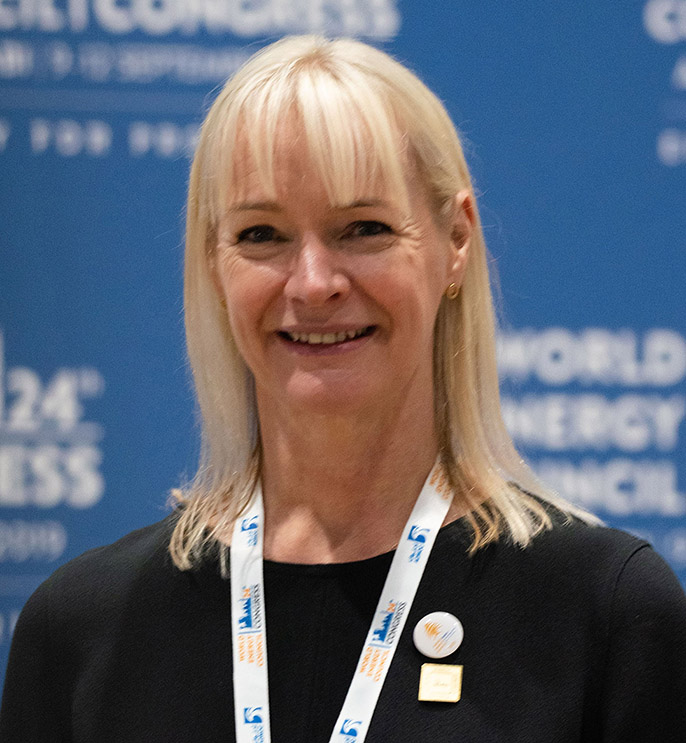
Nearly 100 years ago, the World Energy Council was founded to imagine, inspire and implement a global energy agenda. The ambition was to enable flows of modern energy for all. Experts began this mission by first attempting to map the world’s energy resources, and by the 1930s, leadership attention had shifted to the promise of new technological innovations in the form of nuclear power. Our network of energy communities was expanding rapidly.
Today, our truly world-wide World Energy (WE) community promotes a different, yet still common, global energy agenda. Our shared agenda reflects even higher levels of human ambition and recognises the need for an urgent change in direction. Simply put, we recognise that managing a globally successful energy transition is arguably the most pressing challenge facing all of humanity. Furthermore, we as a global society are in transition to better lives and a healthier planet – and the why, who, how, and what involved is shifting fast.
Modern energy – in the form of clean power, clean heat and clean fuels – is the key to modern life for everyone, anytime and anywhere. Without secure access to clean, reliable and affordable energy, we cannot enable the water-, food- and other forms of human security needed for billions of lives and more and new livelihoods.
Energy systems and uses are less visible yet more pervasive than ever before. Energy is embedded in everyday processes, goods and services, and is the foundation of both the physical and digital economy.
Demand for energy is shifting. Cities are growing faster, and this pattern of human development requires increasing amounts of energy per person. The use of digital technologies, from mobile phones to smart systems, requires a source of physical power.
Imagining a better energy future is exciting! Translating new energy visions into reality requires hard work. It involves engaging a lot of different people from across the entire energy value chain and adjacent sectors. It takes a sustained effort that draws in creativity, collaboration and courage.
Managing a successful energy transition is not a single-issue mission. It’s not all or only about climate mitigation. It’s a balancing act that deals effectively with the connected challenges of energy security, energy equity and affordability, and the broader agenda of environmental sustainability. Transforming the Energy Policy Trilemma, as we call it, recognises that whilst there is no ‘one-size-fits-all’ pathway, there is also the opportunity to avoid ‘reinventing the wheel’. Communities, cities, companies and countries can learn to manage the energy transition by working together.
So, where does the WE community stand today, as we begin a new decade?
Today’s energy agenda is complex and technical, making engagement and understanding increasingly challenging. Our WE community remains concerned about the level of fragmentation and the challenges for forging a common vocabulary – one that is effective in engaging new and diverse energy system shapers.
As our WE community works to deliver a global energy vision and orderly transition, let’s look beyond the hype of new technologies and, just as we did nearly 100 years ago, focus on humanizing our energy future.


